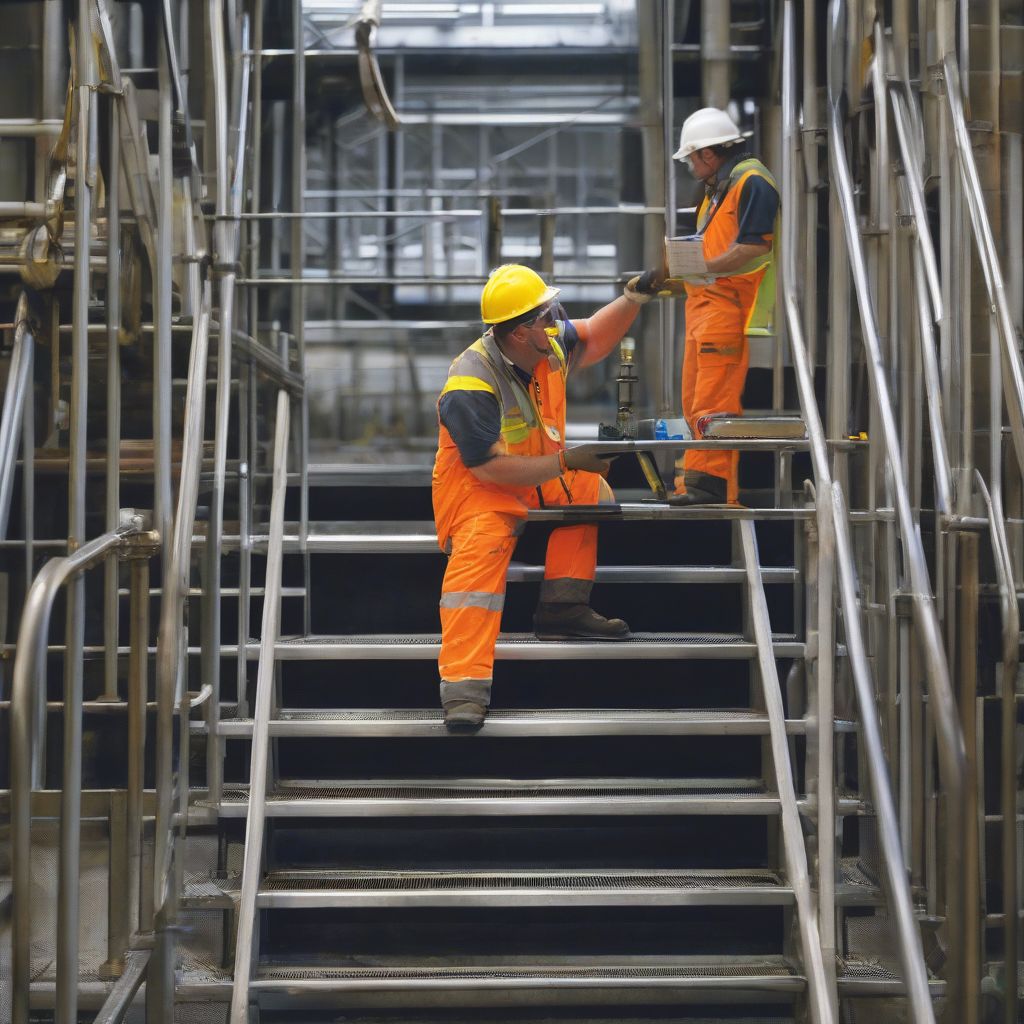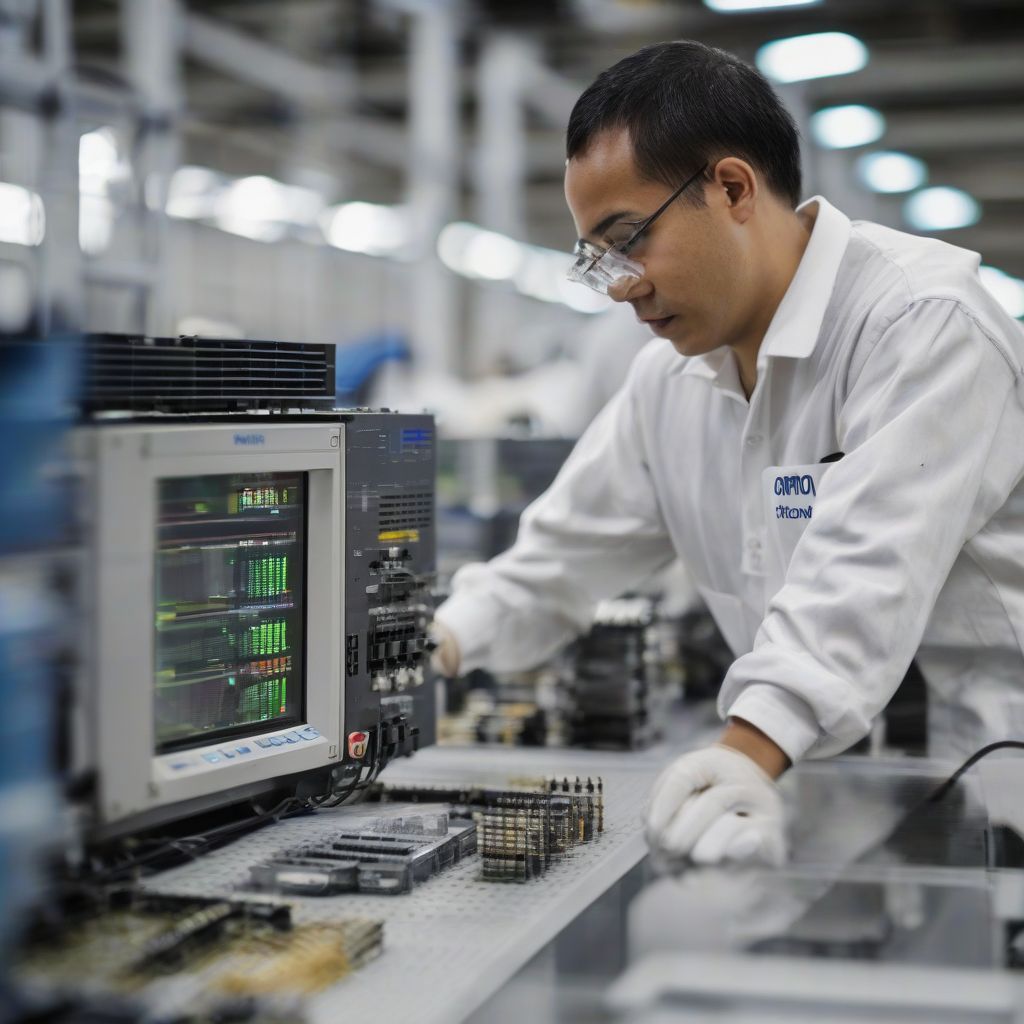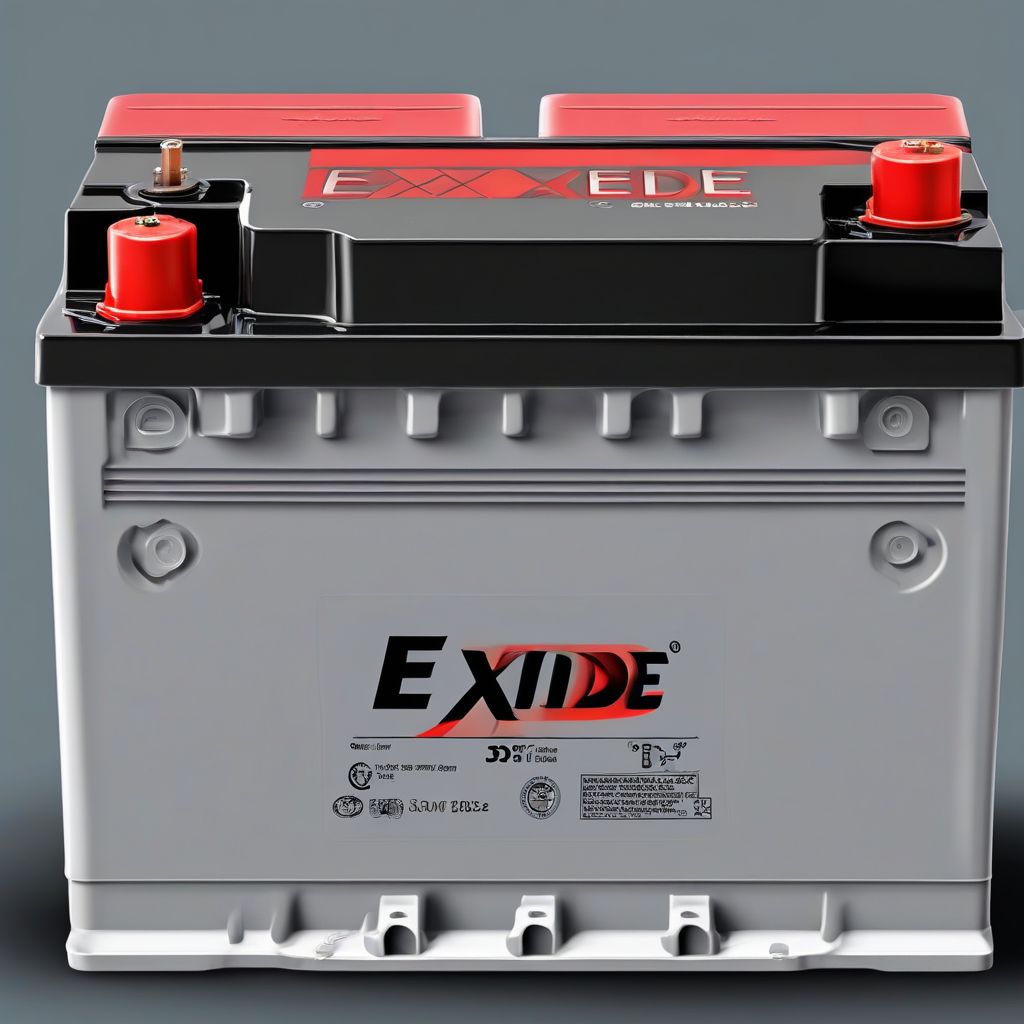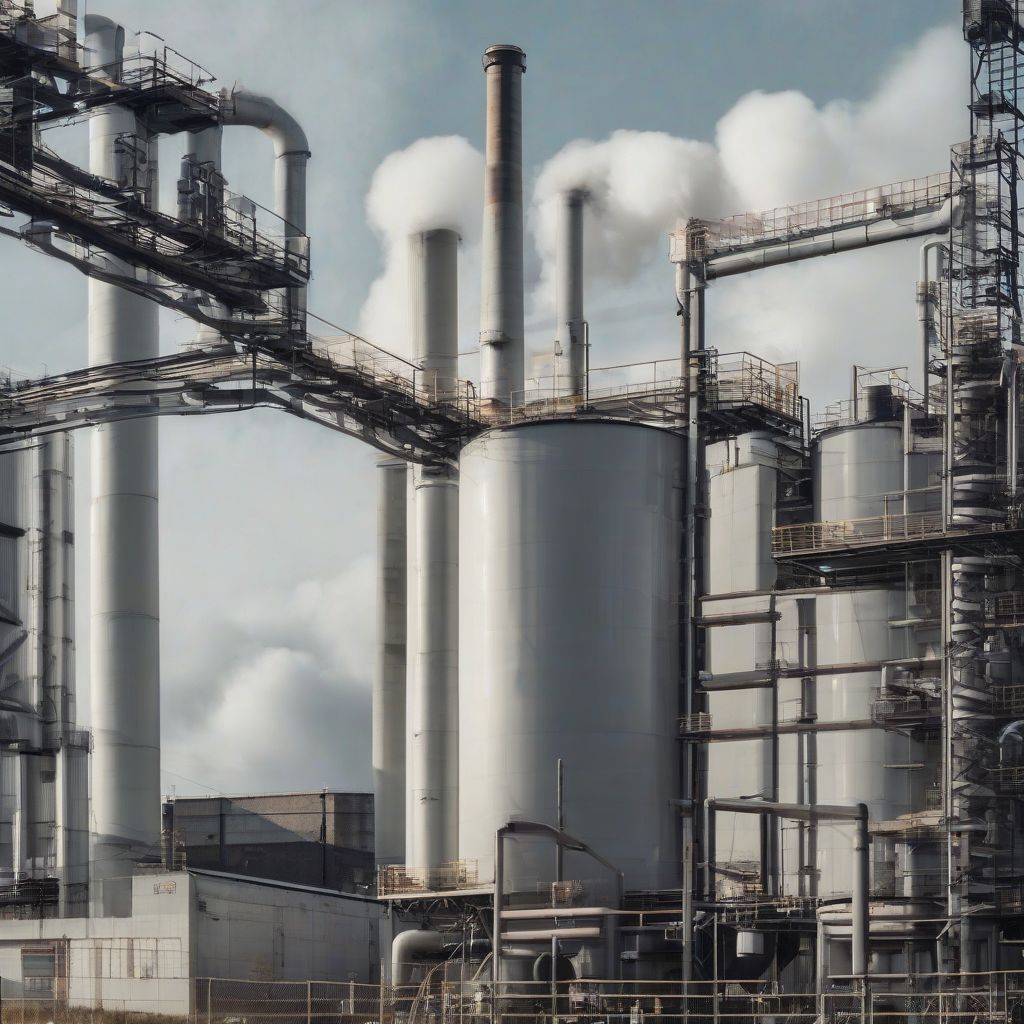Navigating Heights Safely: A Guide to Industrial Metal Stairs

Industrial settings, often characterized by complex machinery and multi-level structures, demand specialized infrastructure to ensure worker safety and operational efficiency. Among these crucial components, Industrial Metal Stairs stand out as a fundamental element. These robust structures provide safe and reliable access to elevated platforms, equipment, and work areas within demanding industrial environments.
Understanding the Crucial Role of Industrial Metal Stairs
Industrial metal stairs are far more than just a means of vertical transportation within industrial facilities. They are critical safety features, meticulously designed and engineered to withstand harsh conditions and heavy use. Unlike their residential counterparts, industrial metal stairs prioritize strength, durability, and compliance with stringent safety regulations.
The Importance of Durability and Safety
Given the demanding nature of industrial environments, these stairs are typically constructed from heavy-duty materials such as steel or aluminum, chosen for their exceptional strength, corrosion resistance, and ability to withstand extreme temperatures. These materials ensure the stairs remain structurally sound even under the stress of heavy foot traffic, equipment transportation, and potential exposure to harsh chemicals or weather conditions.
Addressing Common Queries on Industrial Metal Stairs
The selection, installation, and maintenance of industrial metal stairs are subject to numerous regulations and standards aimed at ensuring worker safety. Here are answers to some frequently asked questions:
1. What are the key safety features of industrial metal stairs?
Industrial metal stairs prioritize safety through features such as:
- Sturdy Handrails: Continuous handrails along both sides provide a secure grip at a comfortable height.
- Non-Slip Treads: Stair treads often feature serrated or perforated surfaces to enhance grip and prevent slips, especially in wet or oily environments.
- Safety Gates: Self-closing safety gates at platform entrances prevent accidental falls.
- Open Risers for Visibility: In some cases, open risers are preferred to allow clear visibility of the steps below, reducing trip hazards.
2. What are the different types of industrial metal stairs available?
Industrial settings utilize various types of metal stairs to suit different needs:
- Straight Stairs: The most common type, offering a simple and direct ascent or descent.
- Spiral Stairs: Ideal for compact spaces where a smaller footprint is required.
- Alternating Tread Stairs: Suitable for steep climbs or limited spaces due to their alternating tread design.
- Crossover Stairs: Used to bridge obstacles or connect platforms at different elevations.
3. How are industrial metal stairs maintained?
Regular inspections and maintenance are crucial for the longevity and safety of industrial metal stairs. This includes:
- Visual Inspections: Regularly checking for signs of damage, rust, or loose components.
- Cleaning: Removing debris, oil, or grease that could create slipping hazards.
- Repainting or Recoating: Applying protective coatings to prevent corrosion and enhance durability.
- Professional Inspections: Periodic inspections by qualified professionals to ensure structural integrity and compliance.
 Worker Inspecting Industrial Metal Stairs
Worker Inspecting Industrial Metal Stairs
Selecting the Right Industrial Metal Stairs
Choosing the appropriate industrial metal stairs requires careful consideration of the specific needs of the facility and the intended application. Factors to keep in mind include:
- Load Capacity: Stairs must be designed to support the anticipated weight load, including workers, equipment, and materials.
- Environment: The stairs’ material and finish should be compatible with the environment, considering factors like moisture, chemicals, and temperature.
- Space Constraints: Available space will dictate the type and configuration of stairs that can be installed.
- Building Codes and Standards: Compliance with relevant building codes and safety standards is non-negotiable.
Conclusion: Ensuring Workplace Safety at Every Level
Industrial metal stairs play a crucial role in ensuring worker safety and operational efficiency in industrial environments. By understanding the importance of their design, construction, and maintenance, facility managers can make informed decisions to create a safer and more productive workplace. Remember, investing in high-quality industrial metal stairs and adhering to safety regulations is an investment in the well-being of your workforce and the long-term success of your operations.



Leave a Comment